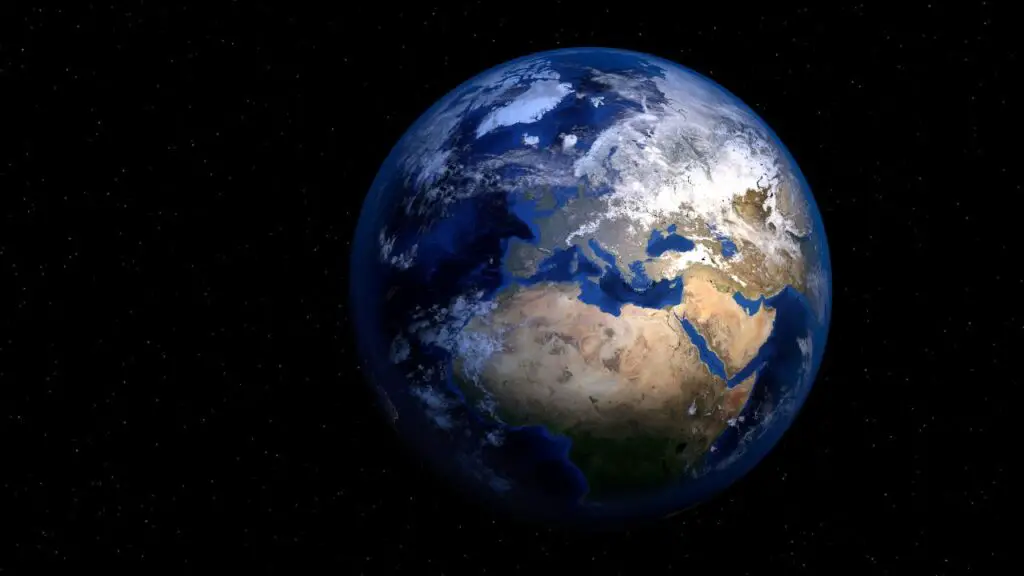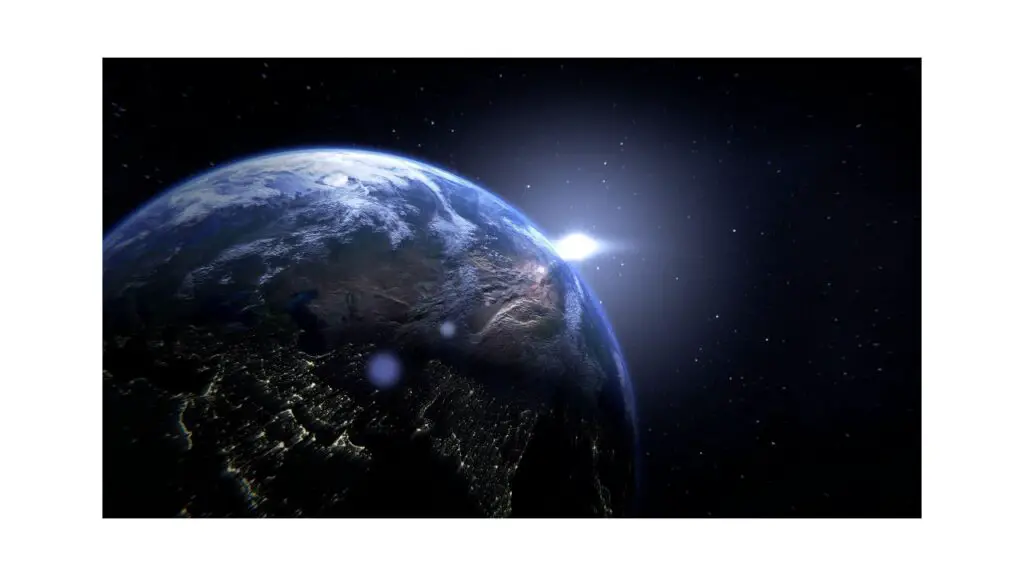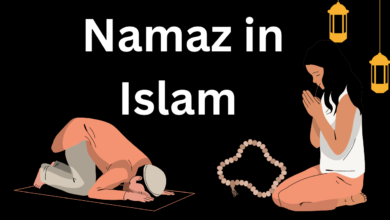How Old is Earth According to Islam?
"Unraveling the age of Earth through the lens of Islamic beliefs."

How Old is Earth According to Islam?

Introduction
The question of Earth’s age has captivated human curiosity for centuries. From a scientific standpoint, estimates place the Earth’s age at around 4.5 billion years. However, religious beliefs can influence one’s perspective on this matter. In the context of Islam, the age of Earth is a topic that has garnered varying interpretations from scholars and believers. This article aims to delve into Islamic perspectives on the age of Earth, considering both traditional viewpoints and modern understandings.
The Quranic Perspective
The Quran, the holy scripture of Islam, is a central source of guidance for Muslims. While it does not explicitly mention the age of Earth, it contains verses that can be interpreted in relation to creation. One such verse is Surah Al-Sajda (32:4), which states, “It is Allah who created the heavens and the earth, and whatever is between them, in six days; then He established Himself above the Throne.” The term “days” is open to interpretation, as the Quran often employs symbolic language. Some scholars argue that these days are metaphorical, not necessarily corresponding to 24-hour periods. This allows room for reconciliation between Islamic teachings and scientific estimations.
The Concept of Time in Islam
In Islamic theology, the concept of time is believed to be distinct from human perception. A single day for Allah is not necessarily equivalent to a day for humans. This perspective lends itself to the idea that the duration of creation in Quranic verses need not align with our modern understanding of time.
Scholarly Interpretations
Islamic scholars have offered diverse interpretations regarding the age of Earth. Some scholars adhere to a more literal reading of Quranic verses and calculate the age of Earth based on the six-day creation narrative. Others propose that the term “day” could refer to epochs or stages of creation, allowing for a longer time frame.
Prominent scholars like Ibn Kathir and Al-Jalalayn have offered commentary suggesting that the six days of creation were not necessarily consecutive 24-hour periods. They propose that the term “day” can be understood as periods of time beyond human reckoning.

Compatibility with Scientific Findings
In recent times, some Muslim scholars have sought to harmonize Islamic teachings with scientific discoveries. This approach acknowledges the vast age of Earth as estimated by modern science and suggests that the Quranic narrative is symbolic rather than literal. This perspective emphasizes that the Quran aims to convey spiritual truths rather than serve as a scientific textbook.
The Role of Ijma and Qiyas
“Ijma” refers to the consensus of Islamic scholars, and “qiyas” refers to the process of analogical reasoning. Some contemporary scholars have argued that if the majority of scholars reach a consensus on a matter related to science, it could be considered a valid interpretation of Islamic teachings. This has led to the acceptance of the scientific estimate of Earth’s age by some scholars who emphasize the importance of considering new knowledge.
Conclusion
In the realm of Islam, the age of Earth remains a subject of interpretation and discussion. The Quran’s symbolic language and the concept of time in Islamic theology allow for a range of perspectives on the duration of creation. From a scholarly standpoint, interpretations vary, ranging from a strict literal reading to more symbolic and metaphorical understandings.
In the spirit of reconciling faith with scientific advancements, some Muslims seek to find common ground by viewing the Quran’s creation narrative as a representation of divine wisdom rather than a scientific timeline. Ultimately, the question of Earth’s age according to Islam showcases the dynamism of religious interpretation and the pursuit of harmony between faith and knowledge.
How Old is Earth According to Islam ?
Islam doesn’t provide a specific age for Earth. However, scholars interpret Quranic verses and Hadiths in various ways to address its age, often accommodating scientific knowledge.
Are there references to Earth’s age in Islamic texts?
While there are verses in the Quran that hint at the creation of Earth, they are metaphorical and open to interpretation. Hadiths and scholarly opinions also contribute to discussions about Earth’s age.
How do Muslims reconcile religious beliefs with scientific estimates?
Many Muslims harmonize faith and science by understanding that religious texts offer moral and spiritual guidance, while scientific discoveries reveal the physical workings of the universe, including Earth’s age.
Are there differing viewpoints among Islamic scholars?
Yes, scholars hold varying opinions. Some align with a literal interpretation, while others accommodate scientific estimates. This diversity showcases Islam’s adaptability to evolving knowledge.
Can Muslims accept the concept of evolution while adhering to Islamic beliefs?
Yes, some Muslims reconcile evolution with faith, suggesting that Allah’s creative process can include evolutionary mechanisms. This perspective highlights Islam’s openness to understanding creation.
Is the age of Earth a central aspect of Islamic teachings?
No, the age of Earth is not a central theme in Islam. The focus lies more on moral conduct, worship, and spiritual growth rather than precise details of Earth’s history.
How can Muslims engage in conversations about Earth’s age?
Muslims can engage thoughtfully by considering various scholarly opinions, consulting both religious sources and scientific research. Open dialogue encourages a deeper





